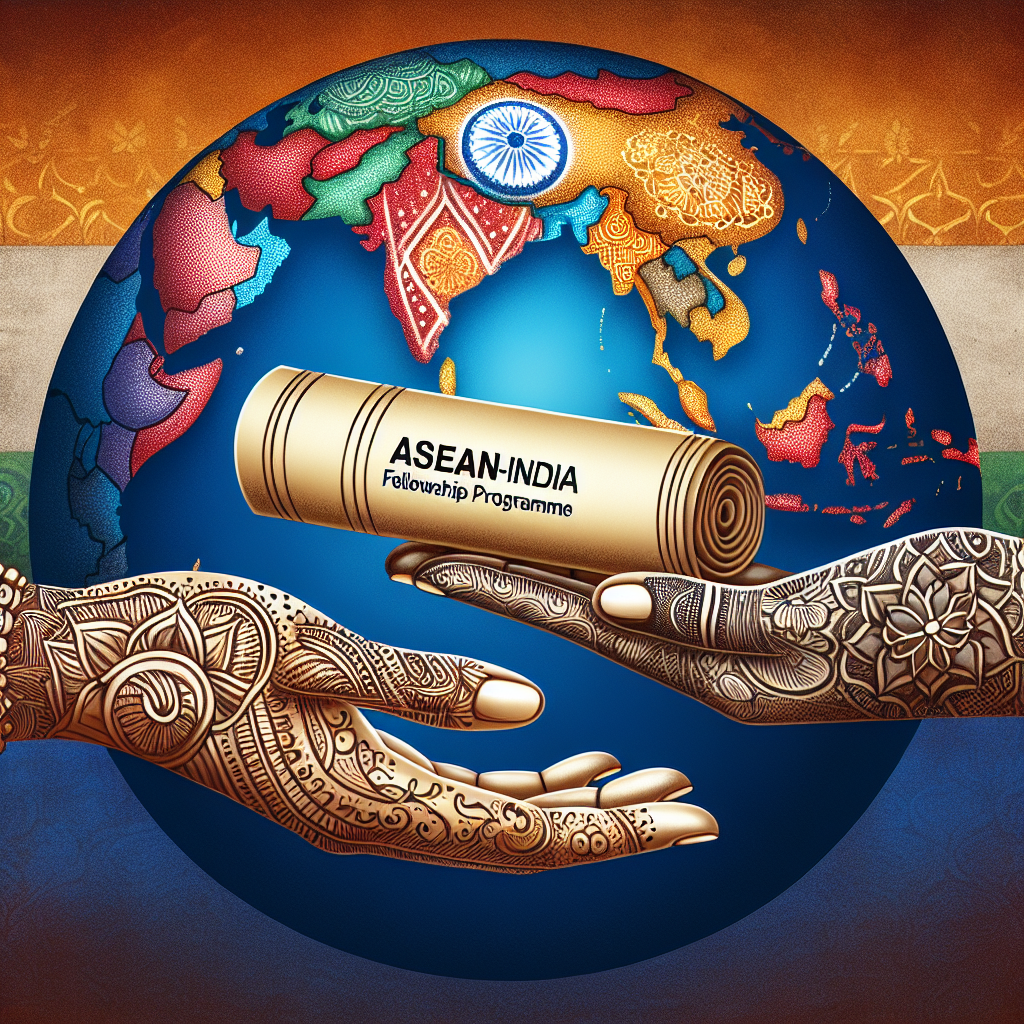ASEAN Pressures China on South China Sea Amid Rising Tensions
Southeast Asian leaders urged China to adhere to international law after recent confrontations in the South China Sea. Despite ASEAN's call for peace, Chinese Premier Li Qiang blamed external forces for stirring conflict and emphasized dialogue. The meetings also highlighted ASEAN's economic relations with China and its evolving partnerships with Japan and South Korea.

- Country:
- Laos
In the wake of rising tensions in the South China Sea, Southeast Asian leaders have stepped up their efforts to pressure China into respecting international law. During a recent summit, ASEAN called for peace and a swift conclusion to a long-debated code of conduct for the contested waters.
Despite these demands, Chinese Premier Li Qiang remained defiant, attributing the unrest to interference by external forces. Li emphasized the need for dialogue while highlighting China's economic ties with ASEAN as crucial amid global trade protectionism.
Beyond the sea dispute, ASEAN strengthened diplomatic relations with Japan and South Korea, aiming to foster future cooperation. As regional dynamics become increasingly complex, ASEAN's central role remains pivotal in promoting peace and stability.
(With inputs from agencies.)










